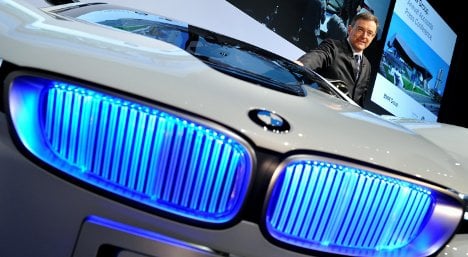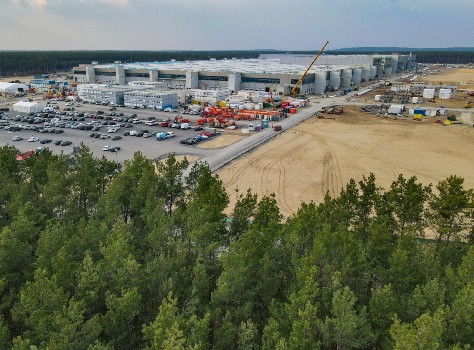“We are heading into the new business year with cautious optimism and are targeting group earnings well above the level reported for the past year. We want to see visible progress in 2010 in the direction of our profitability targets for 2012,” Norbert Reithofer, BMW AG’s chairman, at a press conference in Munich.
The BMW group is aiming for a return on sales for its automobile sector of between 8 and 10 percent for the year 2012.
After a gloomy year in 2009, Reithofer said an improving world economy and the release of a new BMW 5 series at the end of March should boost sales.
“We intend to remain the world’s leading provider of premium cars in 2010 and plan to increase sales within a solid single-digit percentage range to over 1.3 million vehicles,” he said.
In addition to its eponymous automobiles, BMW owns the Mini and Rolls-Royce brands and also sells high-end motorcycles.
Reithofer said the long term goal of selling more than 2 million cars by 2020 still stood.
The company sold 1.29 million BMW, Mini and Rolls-Royce branded vehicles in 2009, down 10.4 percent on the previous year. Nevertheless that kept it ahead of Audi and Daimler, the maker of Mercedes-Benz.
The previously announced group profit before tax for 2009 rose by 17.7 percent to €413 million. Net profit dropped 36.4 percent to €210 million because of a higher effective tax rate. Revenues dropped 4.7 percent to €50.7 billion.
Reithofer also said BMW planned to launch its own small car, possibly based on its Mini model, to serve a fast-growing market in smaller vehicles.
“We expect by 2020 growth of between four to six percent” in the market for small, high-end automobiles, he said.
“We want to be more present, not just with Mini but also with BMW,” he said.
Development director Klaus Draeger added: “On the frame of future Mini generations, we could imagine building a BMW.”
German rival Audi rolled out this year its A1 model to tap into growing demand for high-end cars that consume less fuel.



 Please whitelist us to continue reading.
Please whitelist us to continue reading.
Member comments